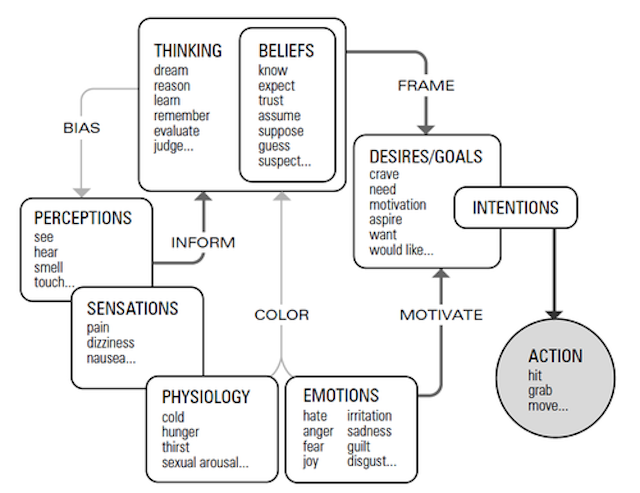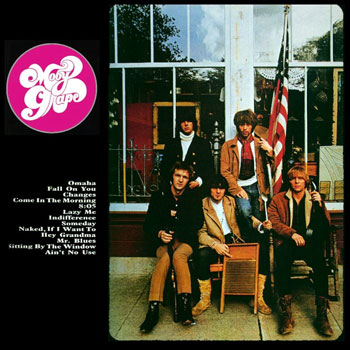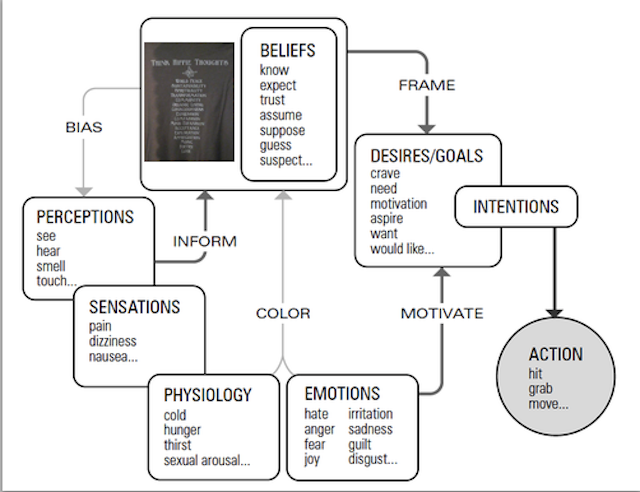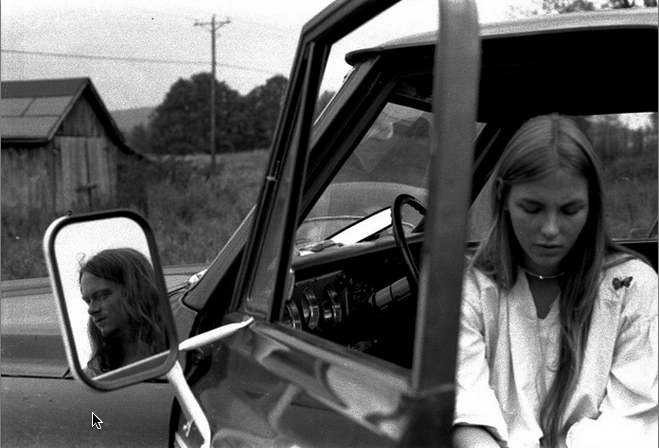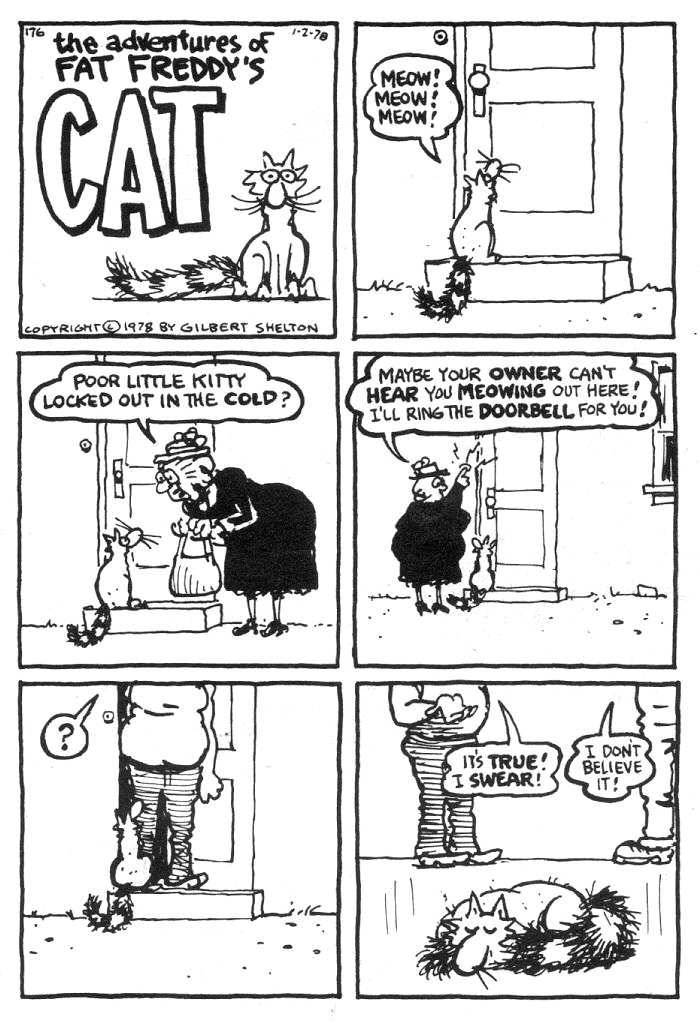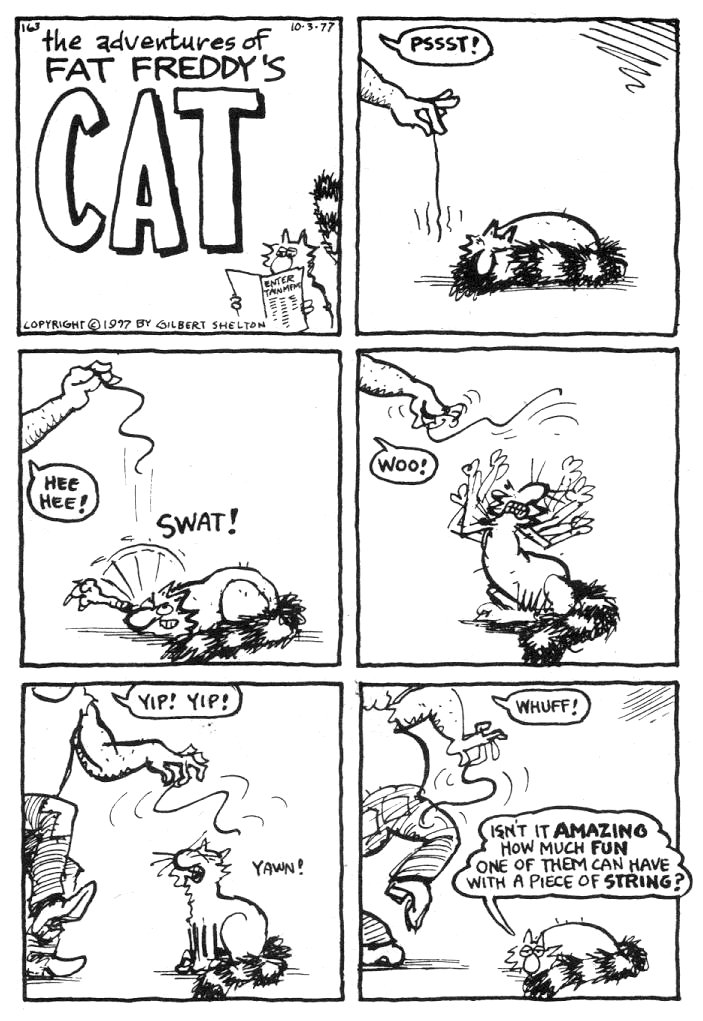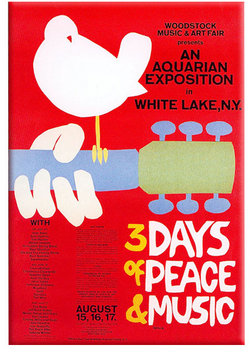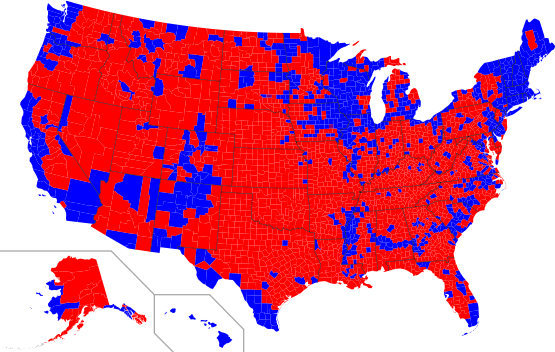
Now Available!
Captain Poetry’s Sucker Punch A Guide to the Homeric Punkhole, 1980–2012 Kenneth Warren
“The title of Ken Warren’s selective and provocative history of
American poets and poetry over the past thirty years comes from an
incident partially narrated in Tom Clark’s Charles Olson. The Allegory
of a Poet’s Life [318] in which Gregory Corso makes a disruptive
appearance in Olson’s afternoon seminar on myth, 1964. I say
“partially” because as a member of that class and a witness to the
events of that afternoon it seems to me Clark omits a few important
facts, e.g. that after challenging the assembled students to match him
in reciting from memory lines of Shelley (or perhaps by extension any
poet) and hearing only universal silence, Corso began pointing out
with increasing intensity that “we are all on death row” and that he
was “Captain Poetry”. Finally he turned to Olson: “Aren’t I Captain
Poetry, Charles?” “Yes,” Olson replied. “Then what should I do?”
And without missing a beat Olson said calmly and with some humor,
“report for duty.” David Posner, the Curator of the Lockwood Poetry
library, never stepped into the room – the fracas happened after Corso
had fled Olson’s class. It did not then and has never since seemed to
me that Olson asked Corso to report to him, though the exchange might
be interpreted so; rather, I took Olson to mean report to Poetry.
Certainly that’s what Olson was teaching. And it’s worth mentioning
here because Ken Warren’s work over the past three decades, both as
editor and publisher of House Organ (an occasional magazine in which
some of these pieces first appeared) and as a freelance essayist and
critic outside academic writing, constitutes the sort of discipline,
dedication, and persistence which Poetry has demanded from him, not as
a maker of poems but as a friend, an ear, a receptive mind.”
– Albert Glover, editor of Letters for Origin, 1950—1956 by Charles
Olson, (Cape Goliard, 1969)
“Kenneth Warren thinks the world through the poetry of those poets who
have thought the world through their poetry. When working on Olson,
for instance, Warren travels every path opened by this multitentacled
explorer, and goes farther, with the poet, to the places he suggested
but pursued only in part. Warren is one of the few and great readers
of American poetry who accompanies poets on their missions and takes
their work to where their “sunflower wishes to go,” serving in this
way not just Poesy, but the regions Poesy herself aims for. Warren is
the philosopher-friend of poets who imagine the sublime, a fearless
companion who serves out their sentences with vigor, aplomb, and even
delight. He is a masochist, a poet, and a star.”
– Andrei Codrescu, author of Whatever Gets You Through the Night: a
Story of Sheherezade and the Arabian Entertainments (Princeton, 2011)
“If you have any interest in poetry, the poetry that matters, Ken
Warren’s Captain Poetry’s Sucker Punch needs to be your constant
companion. It is a critical examination of the past thirty years of
poetry ( plus some film & music), and it’s a language event in itself,
a poetic mirroring of the occasion for its writing of not only what’s
new but what’s news worthy. The list of writers, essential but too
often ignored, is impressive: Kerouac, Snyder, Corso, Wakoski, Acker,
Eshleman, Doubiago, Eigner, d. a. levy, Susan Howe, Hirschman, Oppen,
Tarn, as well as cultural figures like John Cage, Simone Weil, David
Lynch, Bo Diddley, and including the major revision of the Charles
Olson and Vincent Ferrini relationship, the importance of Jack Clarke,
teacher, scholar, poet, all set in the human context (the Homeric
subtitle) that makes even the archaic contemporary.”
– Joe Napora, author of Sentences and Bills—1917 (Wind, 2011)
“If Kafka is correct, when he says that impatience is mankind’s worst
sin, then the high accomplishment of Captain Poetry’s Sucker Punch can
be taken as a lesson in virtue. The divine madness that stirs at the
surface of these pages, written across a span of thirty years, recalls
Coltrane’s intent “to start in the middle… and move both directions at
once.” Here, those directions point to Olson, on one end, and to Jack
Clarke (the author’s teacher at Buffalo, along with Bob Creeley), on
the other. More than an extraordinary taikyoku that reviews certain
“avant-garde” trends in American writing—from Reagan to the Tea
Party—the present collection, arranged in a-chronological sequence and
organized along a fourfold axis, shows a mind in the process of
self-discovery—at the intersection (“hole”) of what Henry Corbin, in
his writing on Ismaili gnosis, has described as linear (“Punk”) time
and cyclical (“Homeric”) time. The effect is like reading Jung’s
recently (re-)published Red Book, and finding echoes in it of Pere
Ubu’s Datapanik in the Year Zero.”
– André Spears, author of Fragments from Mu (A Sequel) (First Intensity, 2007)
Born in New York City in 1953, Kenneth Warren is the editor of House Organ, a quarterly letter of poetry and prose. His two collections of poetry are Rock/the Boat: Book One (Oasis Press, 1998) and The Wandering Boy (Flo Press, 1979).
· Paperback: 460 pages $16
· Binding: Perfect-Bound?
· Publisher: BlazeVOX
· ISBN: 978-1-60964-063-7

I’ll have more to say about my close friend’s hot-off-the-presses opus after I wander through its lands.
The function of active imagination in Analytical Psychology provides intuitive impetus for my artistic representation of persons qualified to be those with whom I have acquired a lot of shared soulful experience. Ken qualifies. Here’s his symbolic totem.
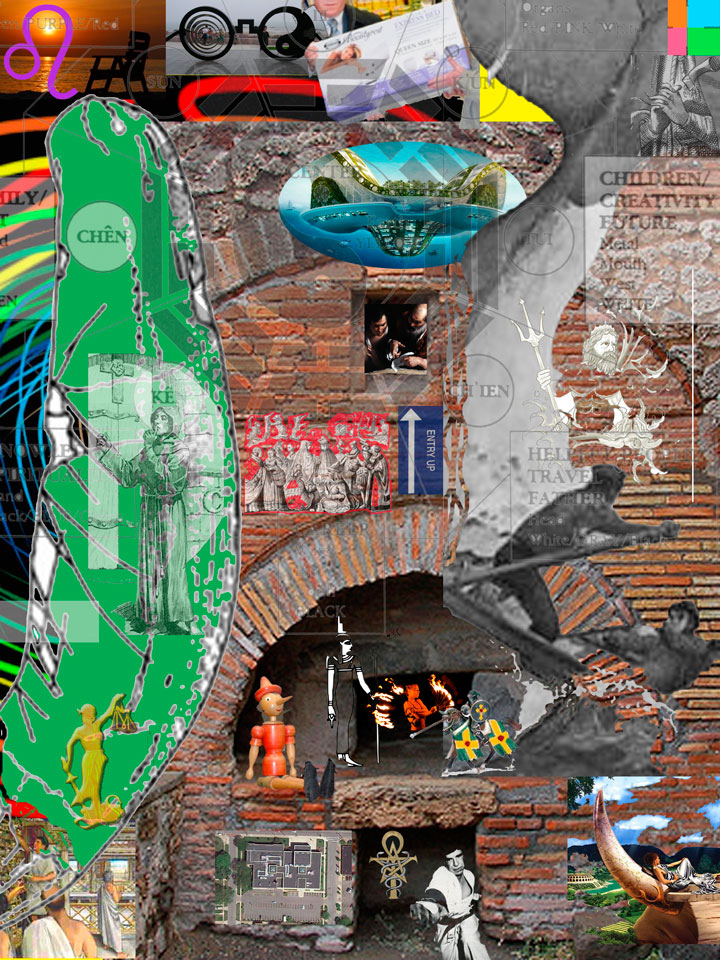
Archetypal Totem (on a active imagination and in-sight of Ken Warren
